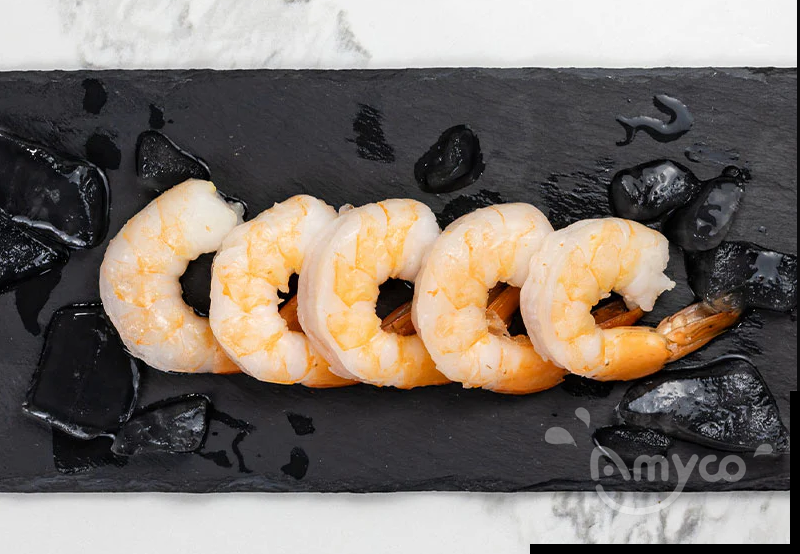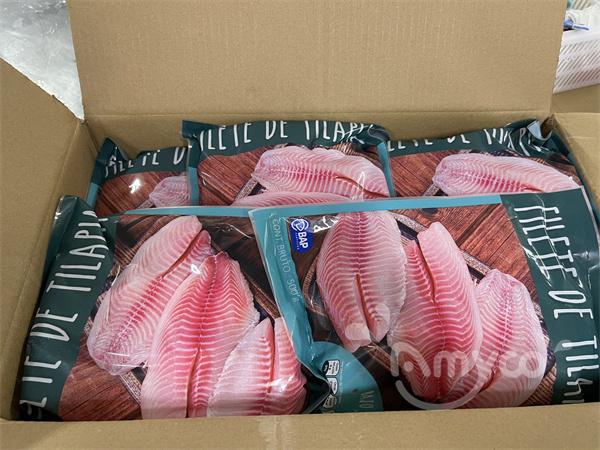May the United States see a turning point in its tariff policy ?
A globally renowned expert in shrimp industry analysis recently expressed his opinion, stating that if the current high tariffs imposed by the United States on Indian shrimp continue to drive up domestic market prices and harm the interests of downstream businesses, it may trigger a strong political backlash and even lead to the exemption of shrimp products from tariffs.
The expert pointed out that it is the domestic retailers and restaurants in the United States that are the biggest profit-makers in the shrimp import chain, with their profit margins being much higher than those in the overseas production process. He gave an example to illustrate that the price difference from the farmers to the retail end could be as high as several times. Therefore, once tariffs cause a significant increase in their costs and damage their profits, these business groups with strong political lobbying capabilities will exert great pressure on policy makers.

Experts predict that this pressure may prompt the US government to re-evaluate its tariff policies and eventually seek exceptions or exemptions for shrimp products, such as maintaining tariffs on other goods while eliminating tariffs on shrimp alone.
Currently, all major shrimp import sources in the United States are affected by tariffs, among which India bears the highest tax rate. This has severely impacted the Indian industry, and some voices have described it as a "game-changer", prompting India to explore a shift to the Chinese market. However, experts also point out that the product structure (mainly whole shrimp without heads) in India does not match the market preferences in China (leading shrimp, large-sized shrimp), and the transformation faces challenges.
Meanwhile, other supplying countries such as Ecuador may be able to fill some of the gaps in the US market, but their capabilities in processing and retail packaging are currently still unable to fully replace India. Experts concluded that the next six months will be a crucial period for observing how trade flows adjust and how all parties adapt to the new situation.
Reference : YUYIPAI





